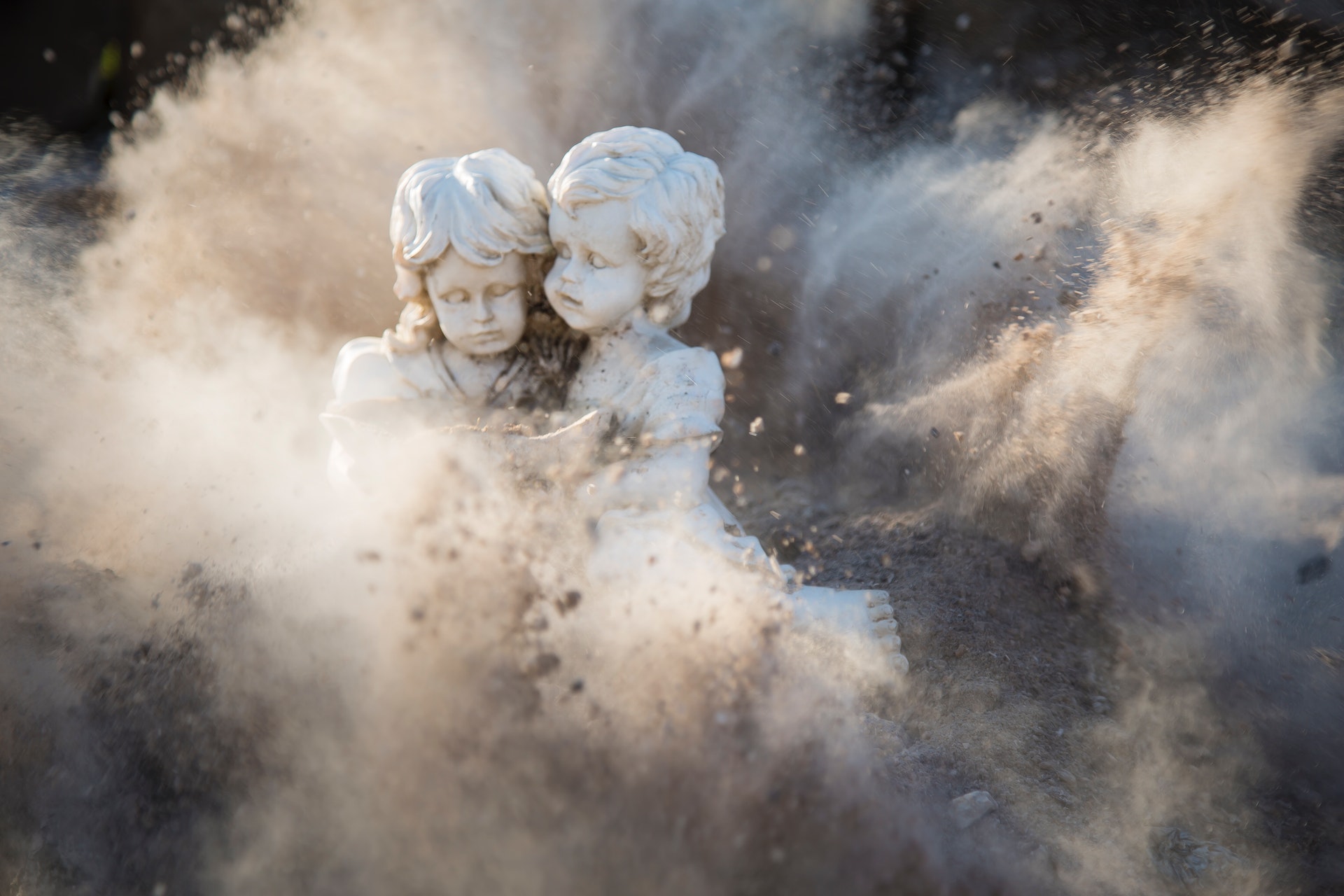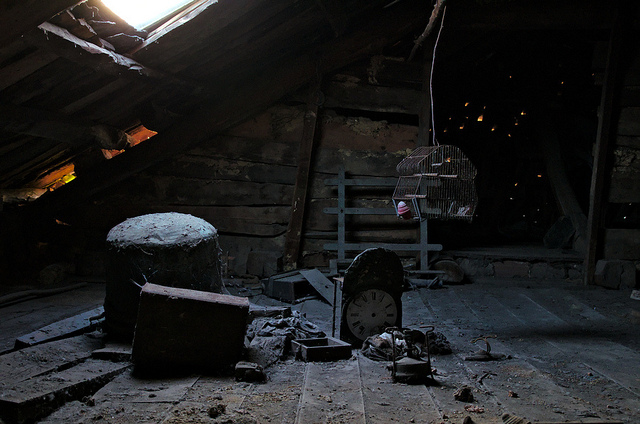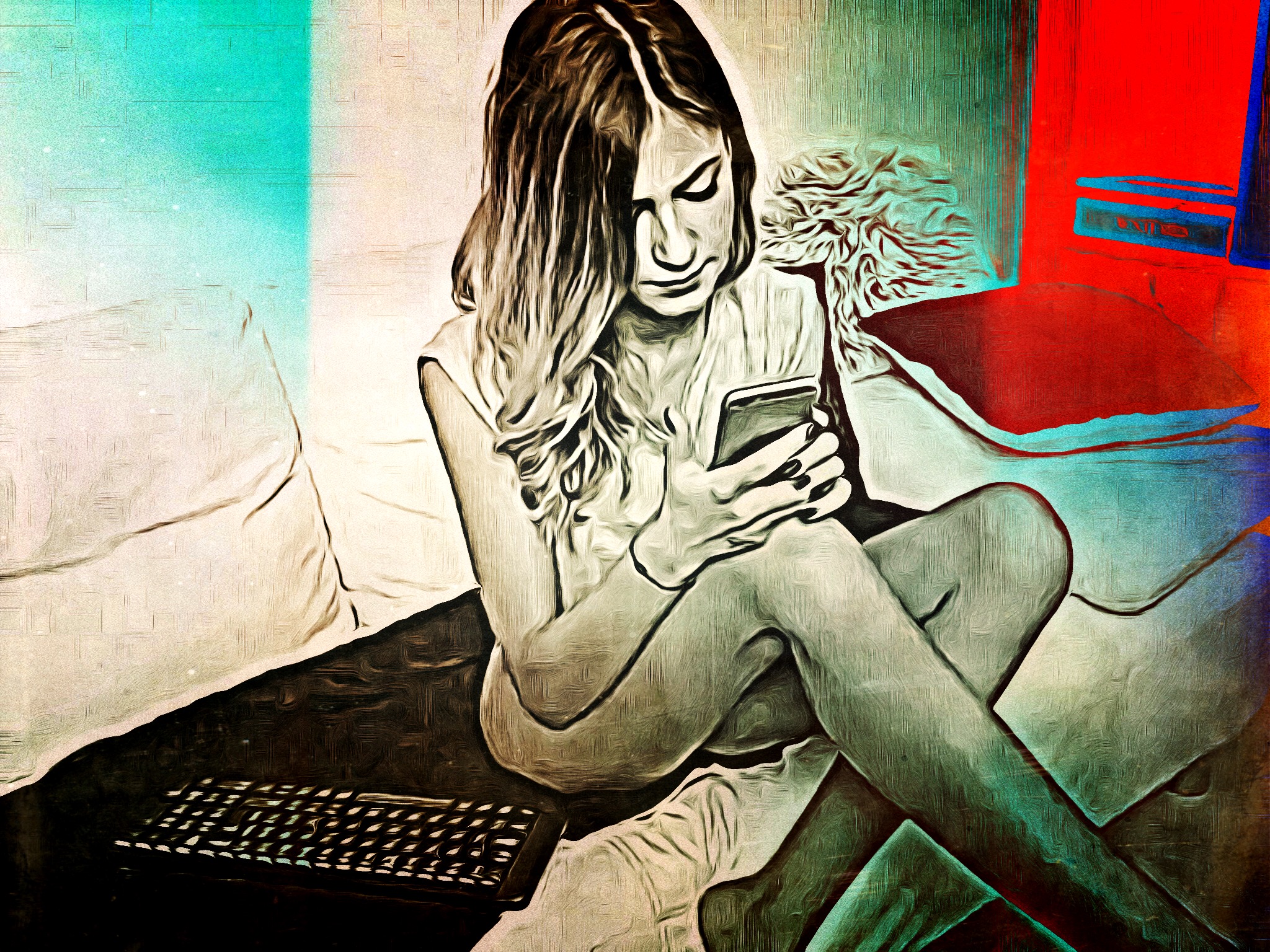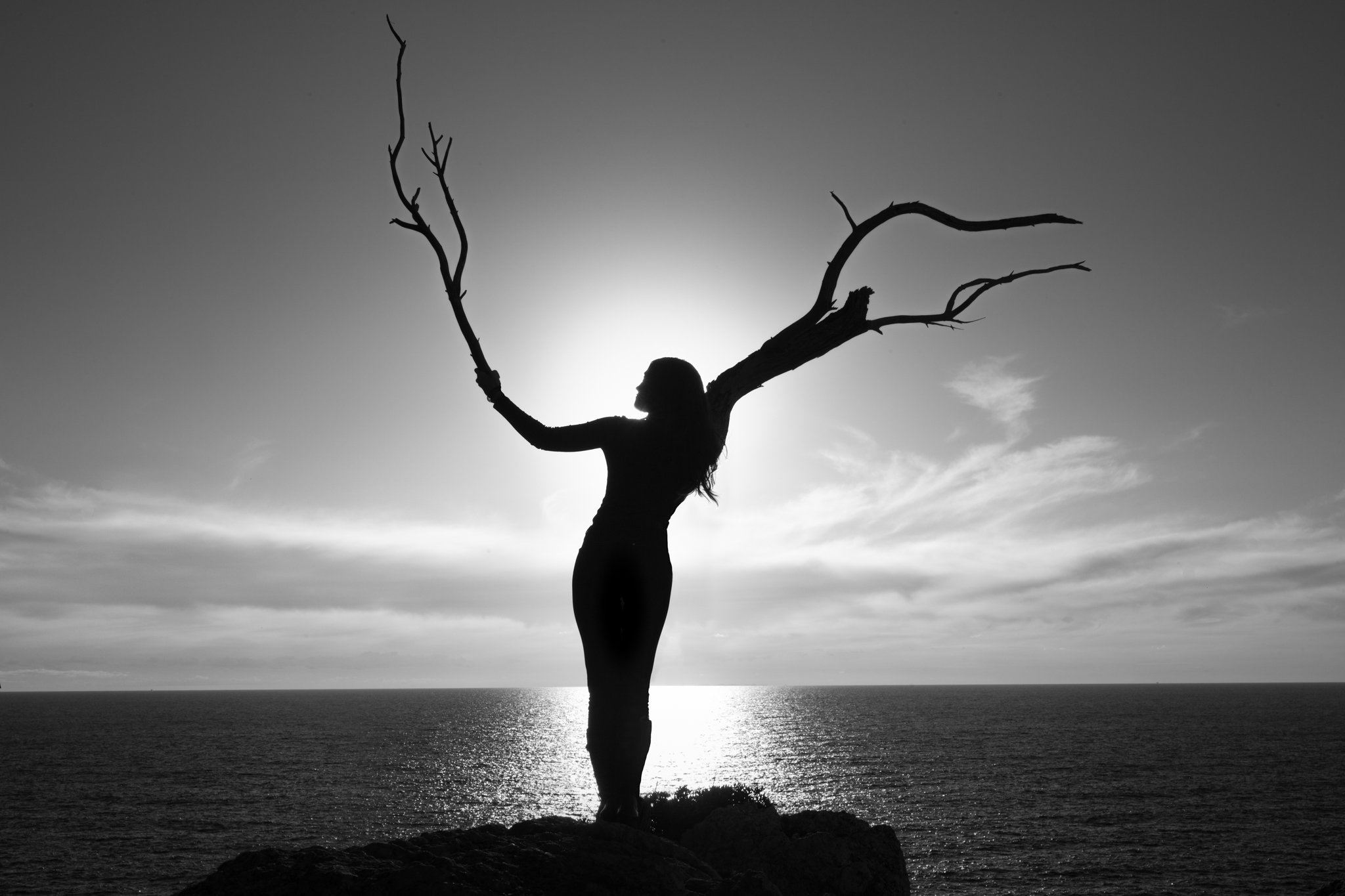The dust never settled for years. It probably still sits in the fine cracks of aged roof tiles and within the chipping layers of magnolia masonry paint. Although the shops have been rebuilt and repaired, the dark filter will always be there, always armed for use by scarred eyes and distorted minds. Ashes to ashes and dust to dust, the black, the blank and the numb realised at age seventeen, lingers still at forty.
Omagh, our field cosseted Market town, is built on the meeting of two rivers and cast in the shadow of majestic church spires. A rural hinterland between the hotspots Belfast and Derry, Omagh was pleasant and safe, it was home.
It was dry and bright on that Saturday, a feat for August here, when usually the slate-coloured sky would split just enough to allow a constant trickle of anaemic rain to seep and slither into unsuitable summer clothing. The town was full of people, milling like bees in industry, bartering over blazers and kickers shoes in preparation for the relief of school return.
I enjoyed my Saturday job in the bakery, not least because it afforded me a night out in the town, a few ciders to lubricate my faux ironic dancing on a crossword painted dance floor and a split taxi home.
I was on my lunch break when a police officer directed me back towards the bakery. A bomb scare at the courthouse, they said, so everyone had to move away. Hundreds of us mingled, inching only slowly, to the chagrin of irate police officers.
In Omagh, many of us believed that bomb scares were just that, scares. Although they were regularly found, bombs didn’t explode here. And if the courthouse were to collapse like the White House in Independence Day, we all wanted a front row seat.
I was just back at work a piercing blue light heralded a silent vacuum where, reminiscent of life on a space station, people and things drifted into the air, weightless without gravity. Plates and cups flew over my head, and I focused on the sausage rolls that flew like birds straight through glass and into the darkness outside.
The bang came afterwards, as if the earth had just regained consciousness and gravity returned with violent force. We were rushed into a garden at the back where we shook as the air swirled with odorous dirt. Then, panic, as we were once again ushered in another direction, into the street where detritus too horrific to name lay beneath our wobbling legs. We had to run, for there may be another bomb, we had no destination in mind, just far from there.
I had nowhere to go and no way home as the roads were blocked with cars, ambulances, and policemen, so I stayed with a workmate who lived near me.
Her brother was missing, we had to go to the hospital to search for him. I broke from her there, as she was enveloped by her family, and on my own I stumbled through a hospital without order. It was flooded with people; with faces. Faces everywhere, marble facades no longer human, alabaster pale, alien faces or subterranean faces that did not blink. Eyes glazed and frozen, colour indistinguishable from pupils, murky and shining like glass lakes.
Also, the giggling, lots of giggling, a macabre comedy of shock and horror, faces in strained grimace, not seeming to be aware of the gruesome remnants at their feet. Glass and blood and soot, and people.
People on the floor, on stretchers, in makeshift operating theatres in open-doored wards. Nurses crying, expelling vomit into once pristine corners and doctors shouting, shouting at me to get out. I didn’t need to be there, I really didn’t.
Eventually I found my workmate and was informed that her brother was home, so we could leave. On arrival home my mum clutched me tight, her relief palpable as she had thought I was dead, until a rambling phone call about sausage rolls from a stranger’s mobile phone.
The days afterwards dragged slowly in grief. I sat; eyes glued to the TV where the horror of our town’s experience spilled relentlessly on every channel of our TV. Even the British news rolled scene after scene of places and people I knew. Names of the dead accompanied by passport sized photos filled every page of the newspapers. Eyes again, following, watching my every move.
Compared to the suffering around me, my experience was lessened, for I was lucky. I was alive, I had my limbs and my eyes still saw. I was home, not in hospital, like my friends. While people were quick to tell their horrific stories, mine paled significantly, so I became silent.
I never spoke of the technicolour dreams that woke me sodden from my sleep, or of the fact that I no longer knew what was real and what was my imagination. Of the reverberating energy that made me feel that I existed in a bee hive, the incessant buzzing deafening my ears to the voices that spoke to me.
I got up from my bed each morning and traveled to school, where my A level subjects could no longer engage me, and I would walk out; the mere act of sitting still was too much for my body to handle. I would feel my breath caught in a tight knot somewhere inside and my head would swim, not with thoughts but with emptiness. Bubbles of empty numbness popping in my skull.
Sundays also caused torment as the smell of roast beef would worm its way into my stomach and make it lurch painfully, a sensory memory too difficult to bear. My rush to the bathroom to divest my gut of torment caused only consternation to my parents. They didn’t understand, they couldn’t, for their experience was different to mine. They hadn’t been there.
It was November before I found that I couldn’t walk, my body became riddled with pain and the act of moving forward became mountainous. My friend summoned school nurse who asked what was wrong. In truth, I didn’t know. It was she, eyes full of recognition, who asked me where I was on August 15th, and when I told her, she welcomed me into the sanctuary of the sick room where many empty eyed girls sat day after day when they couldn’t face the hustle of the corridors or classrooms. To our parents we weren’t sick so we couldn’t stay home.
Not that the school were understanding. I was brought to the vice principals office where I was berated for wasting my academic potential. It was moot, I couldn’t see a future, I saw only death. It was everywhere, people dying, pets dying, dead birds splayed scarlet on the roads, tiny organs strewn inches from their marbled hosts. I wanted to join them. I stepped shakily into busy roads, eyes clenched shut, head spinning drunkenly with hope that a car would smash into me, releasing me from the body that no longer seemed to fit. They never did, they swerved and honked and shouted and each time, I felt a failure.
My friends would say that we had spoken and I would not remember; I would be asked why I would ignore them when, in truth, I never actually saw them. For I was blank. And numb. I didn’t care that my phone rarely rang, or that I was no longer invited out to drink and dance, I blocked it all, became a statue, lifeless in metal or cement or mud.
Looking back, I can recall very little of my final year at school or of my first year of university, in a town where I never wished to go but glad it wasn’t Omagh. The time and experience lost to me now. I know I stumbled onwards through my life, not living, only comfortable buried deep in my bed. I longed to escape, go anywhere that wasn’t here so, as soon as I had gained my obligatory degree, I went traveling.
I visited amazing cities like Hong Kong and Sydney, Buenos Aires and Bangkok. I drank rum from buckets and tried to speak Spanish while sipping mate from a shared cup on the floor of a smoke-filled hostel; but I was still haunted by fear. Danger lurked everywhere, the twin towers had fallen and a bombing in Bali affected my travel plans, the safety of home and family drew me back.
Omagh was my mum and dad and brothers and sisters, it was the few friends that stuck fast when my life was spiraling out of control. I felt the tug of human connection and shared experience and I knew where I had to go to find it.
We now recognise the importance of mental health, and trauma, and for that, I am glad. I now feel free to talk of my experience without feeling fraudulent and I hope that others can too. There were many more injured on that horrific day than will be recognised looking back. Those who rushed to aid the injured and dying, and those who watched on, unable to help, frozen to the spot by fear.
Their guilt, unceasing. Those tormented in their dreams by images blocked by their waking memory. There were so, so many.
I settled in Omagh, this little town where very little happens; my children go to Omagh schools and they feel safe and secure. The bombing is taught as history, something exciting that happened here, once, a long time ago.
I still bear the scars, not on my body but my mind, but I recognise the resilience of a community that can rise from the ashes and dust and move onwards like the rivers over which we call home.
Marie-Louise McGuinness comes from a wonderfully neurodiverse household in rural Northern Ireland. She has work published or forthcoming in Roi Faineant Press, Bending Genres, Intrepidus Ink, Flash Fiction Magazine and The Airgonaut amongst others. She enjoys writing from a sensory perspective.




